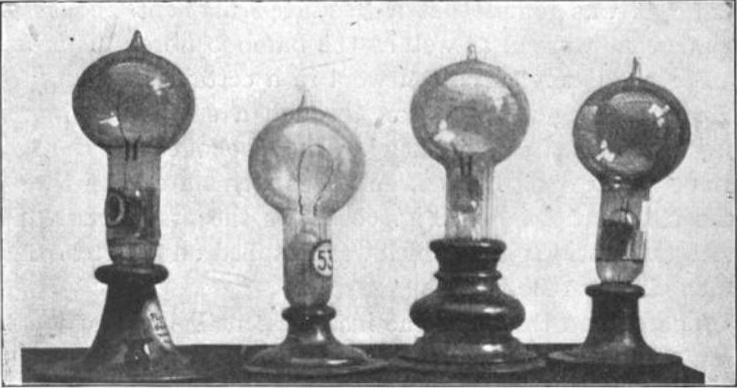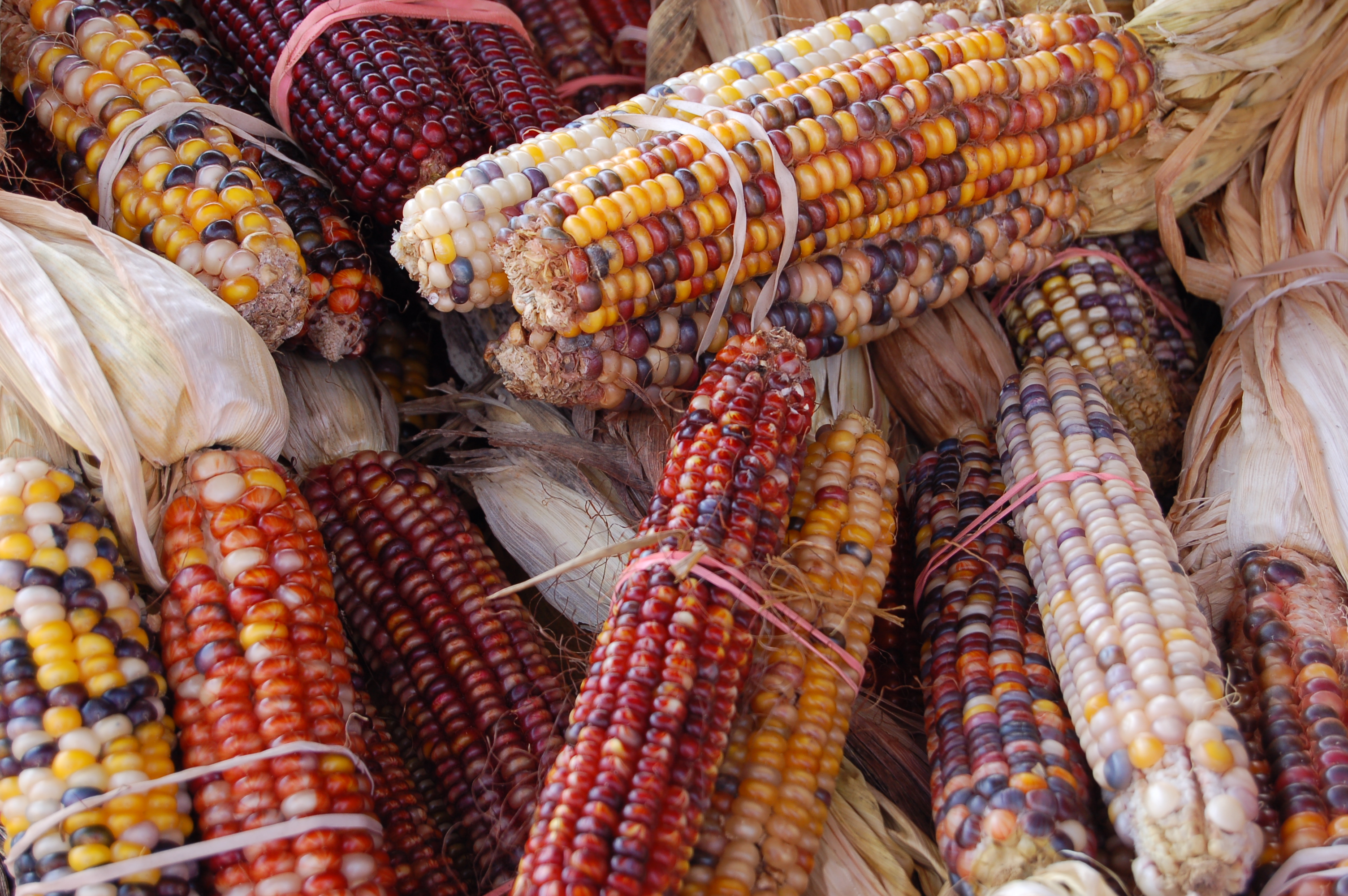Jurassic Park beer:
Living off the land:
The Resilient Gardener teaches us how to be subsistence farmers in a temperate climate: corn, potatoes, beans, squash and eggs. h/t: Living the Frugal Life
A reason to like kale:
Organisms can optimize their fitness by reproducing early when times are good and holding back and focusing on survival when times are bad (if your population is about to experience an involuntary bottleneck, offspring born afterwards will contribute proportionally more genes to the population). This Week in Evolution discusses the reproductive advantages that an organism would accrue if it could delay reproduction specifically in times of environmental stress.* In PLoS one, Will Ratcliff cites examples of creatures from yeast to rats showing increased longevity (and delayed reproduction) when exposed to minor environmental stresses (calorie restriction, temperature stresses, low dose toxins).** They hypothesize that the consumption of "famine foods" (e.g. low calorie and nutrition and moderate toxicity) would be an effective cue for an organism to switch to survival mode.
"Plants high in insect-repelling toxins might be an example of such "famine foods", even if some modern humans have developed a taste for kale, coffee, or hot peppers. These plant toxins might have small negative effects on our health. But, if our bodies respond to the information carried by those toxins -- famine! population decline likely! delay reproduction! -- then those negative effects may be outweighed by the health benefits of setting our hormone levels etc. to values optimized for longevity rather than reproduction."
and Maps!
The U.S. by last names, but why no Italians?***
An incredible morphing cartogram displays everything
The world according to Americans
Intriguing, yet almost impenetrable
* Not to be confused with my long-favorite, TWIS.
** Whom I played in a band with out of the very-Davis J St Coop
*** I assume this map is more biased by the redundancy by which different cultures reuse the same names than the spatial scale at which the immigrant populations currently dominate.
Ratcliff, W., Hawthorne, P., Travisano, M., & Denison, R. (2009). When Stress Predicts a Shrinking Gene Pool, Trading Early Reproduction for Longevity Can Increase Fitness, Even with Lower Fecundity PLoS ONE, 4 (6) DOI: 10.1371/journal.pone.0006055
Cano, R., & Borucki, M. (1995). Revival and identification of bacterial spores in 25- to 40-million-year-old Dominican amber Science, 268 (5213), 1060-1064 DOI: 10.1126/science.7538699
Ratcliff, W., Hawthorne, P., Travisano, M., & Denison, R. (2009). When Stress Predicts a Shrinking Gene Pool, Trading Early Reproduction for Longevity Can Increase Fitness, Even with Lower Fecundity PLoS ONE, 4 (6) DOI: 10.1371/journal.pone.0006055
Cano, R., & Borucki, M. (1995). Revival and identification of bacterial spores in 25- to 40-million-year-old Dominican amber Science, 268 (5213), 1060-1064 DOI: 10.1126/science.7538699


